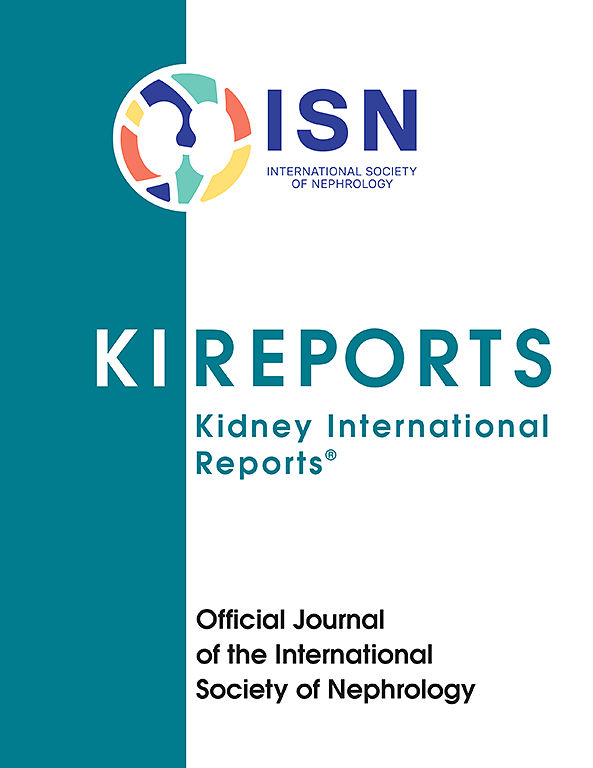Navigating Genetic Testing in Nephrology: Options and Decision-Making Strategies
IF 5.7
2区 医学
Q1 UROLOGY & NEPHROLOGY
引用次数: 0
Abstract
Technological advances such as next-generation sequencing (NGS) have enabled high-throughput assessment of the human genome, supporting the usage of genetic testing as a first-line tool across clinical medicine. Although individually rare, genetic causes account for end-stage renal disease in 10% to 15% of adults and 70% of children, and in many of these individuals, genetic testing can identify a specific etiology and meaningfully impact management. However, with numerous options for genetic testing available, nephrologists may feel uncomfortable integrating genetics into their clinical practice. Here, we aim to demystify the process of genetic test selection and highlight the opportunities for interdisciplinary collaboration between nephrologists and genetics professionals, thereby supporting precision medicine for patients with kidney disease. We first detail the various clinical genetic testing modalities, highlighting their technical advantages and limitations, and then discuss indications for their usage. Next, we provide a generalized workflow for genetic test selection among individuals with kidney disease and illustrate how this workflow can be applied to genetic test selection across diverse clinical contexts. We then discuss key areas related to the usage of genetic testing in clinical nephrology that merit further research and approaches to investigate them.
下一代测序(NGS)等技术的进步实现了对人类基因组的高通量评估,支持将基因检测作为临床医学的一线工具。虽然个别病例很少见,但 10%至 15%的成人和 70% 的儿童终末期肾病是由遗传因素引起的,对其中许多人来说,基因检测可以确定特定的病因,并对治疗产生有意义的影响。然而,面对众多的基因检测选择,肾病学家可能会感到不习惯将遗传学纳入临床实践。在此,我们旨在揭开基因检测选择过程的神秘面纱,并强调肾病学家与遗传学专业人士之间的跨学科合作机会,从而为肾病患者的精准医疗提供支持。我们首先详细介绍了各种临床基因检测方法,强调了它们的技术优势和局限性,然后讨论了它们的使用适应症。接下来,我们提供了肾病患者基因检测选择的通用工作流程,并说明了如何将该工作流程应用于不同临床环境下的基因检测选择。然后,我们讨论了与临床肾脏病学中基因检测的使用有关的关键领域,这些领域值得进一步研究,以及研究这些领域的方法。
本文章由计算机程序翻译,如有差异,请以英文原文为准。
求助全文
约1分钟内获得全文
求助全文
来源期刊

Kidney International Reports
Medicine-Nephrology
CiteScore
7.70
自引率
3.30%
发文量
1578
审稿时长
8 weeks
期刊介绍:
Kidney International Reports, an official journal of the International Society of Nephrology, is a peer-reviewed, open access journal devoted to the publication of leading research and developments related to kidney disease. With the primary aim of contributing to improved care of patients with kidney disease, the journal will publish original clinical and select translational articles and educational content related to the pathogenesis, evaluation and management of acute and chronic kidney disease, end stage renal disease (including transplantation), acid-base, fluid and electrolyte disturbances and hypertension. Of particular interest are submissions related to clinical trials, epidemiology, systematic reviews (including meta-analyses) and outcomes research. The journal will also provide a platform for wider dissemination of national and regional guidelines as well as consensus meeting reports.
 求助内容:
求助内容: 应助结果提醒方式:
应助结果提醒方式:


